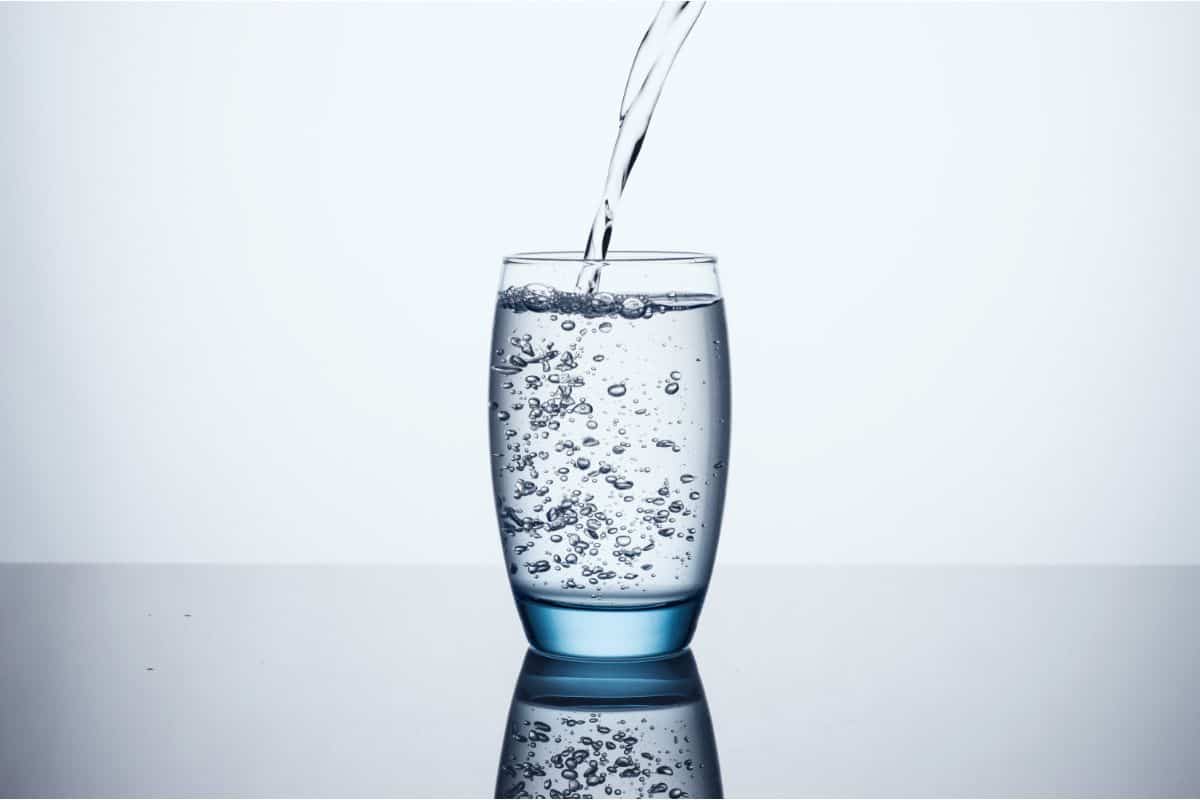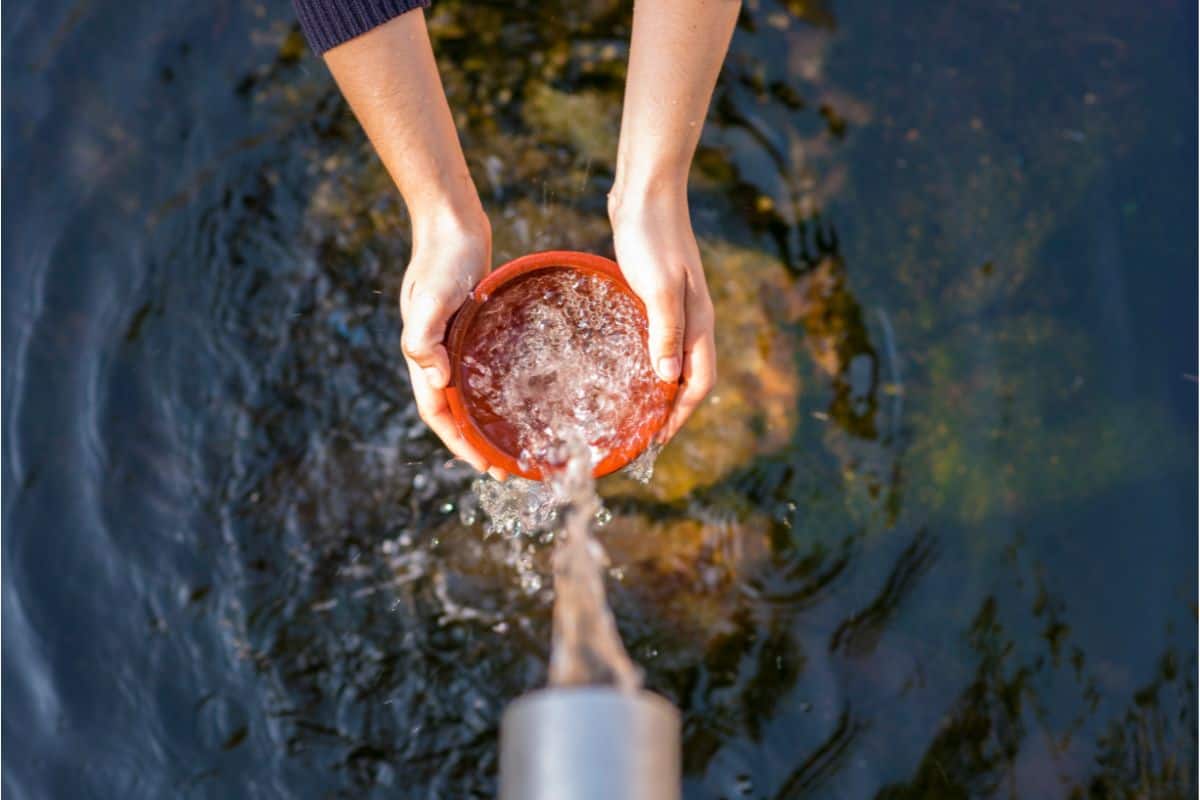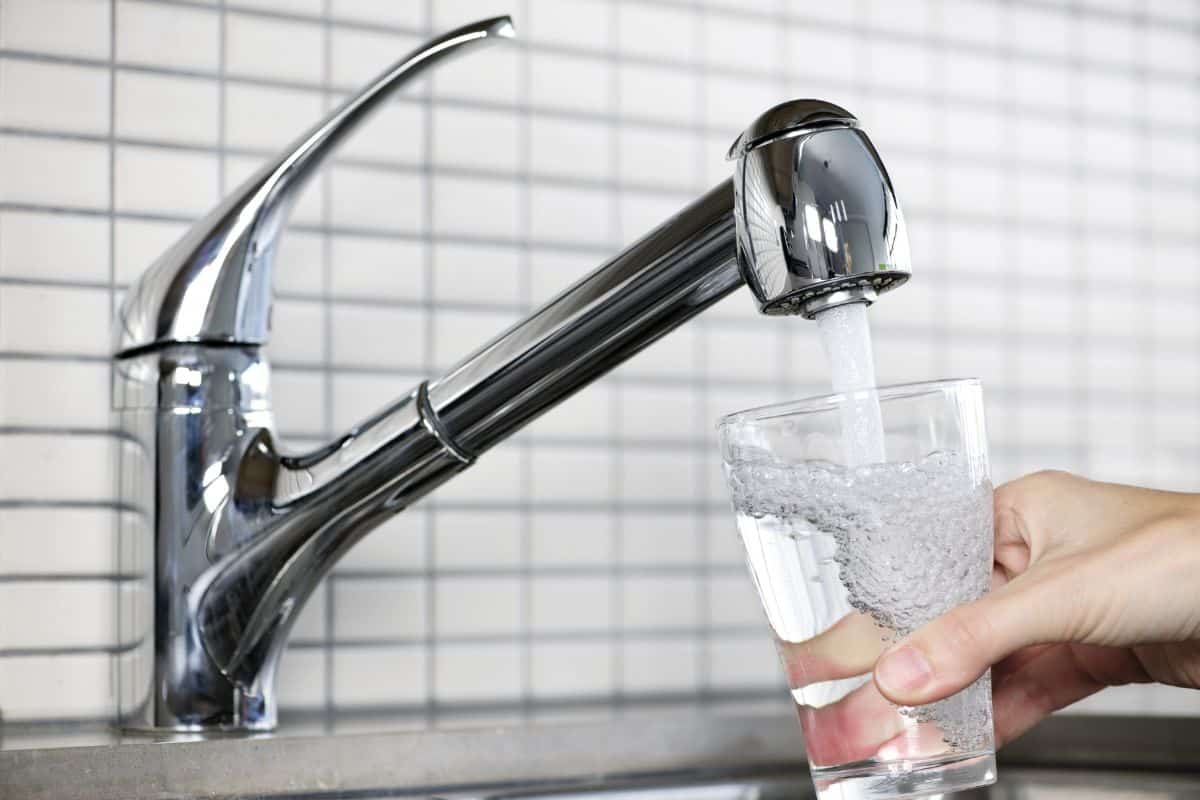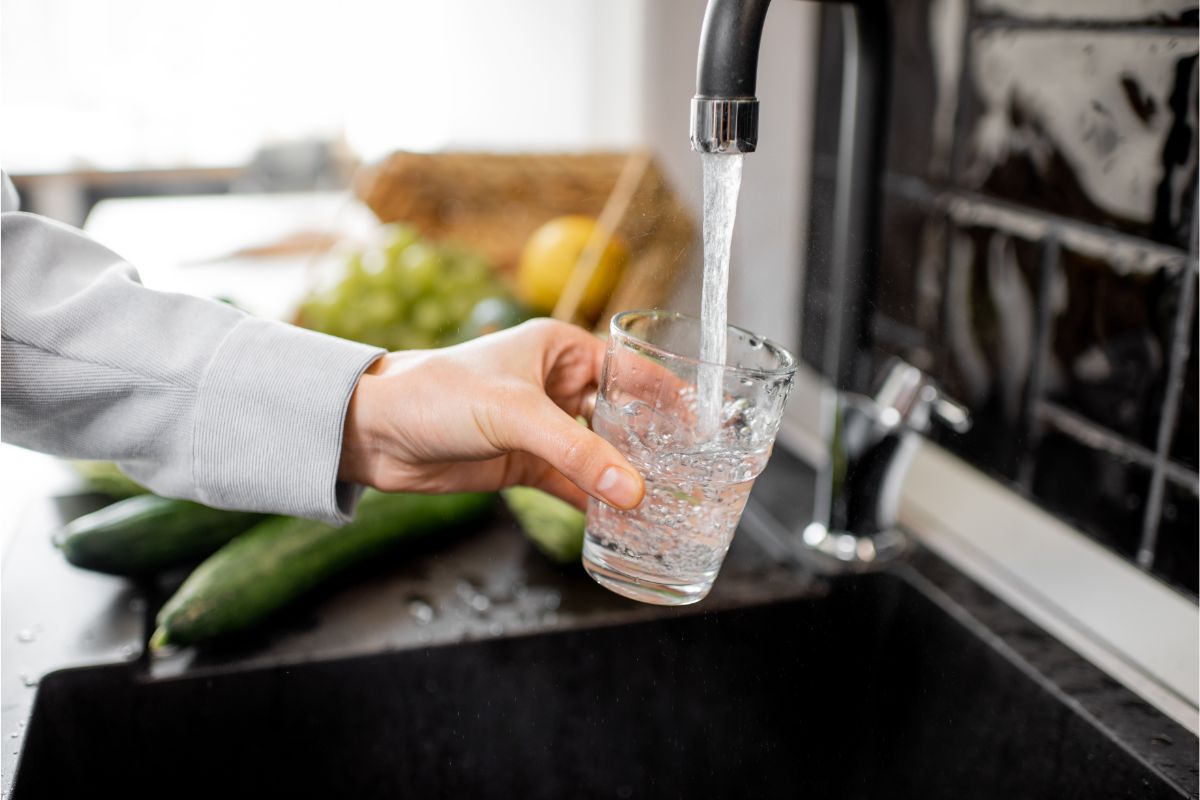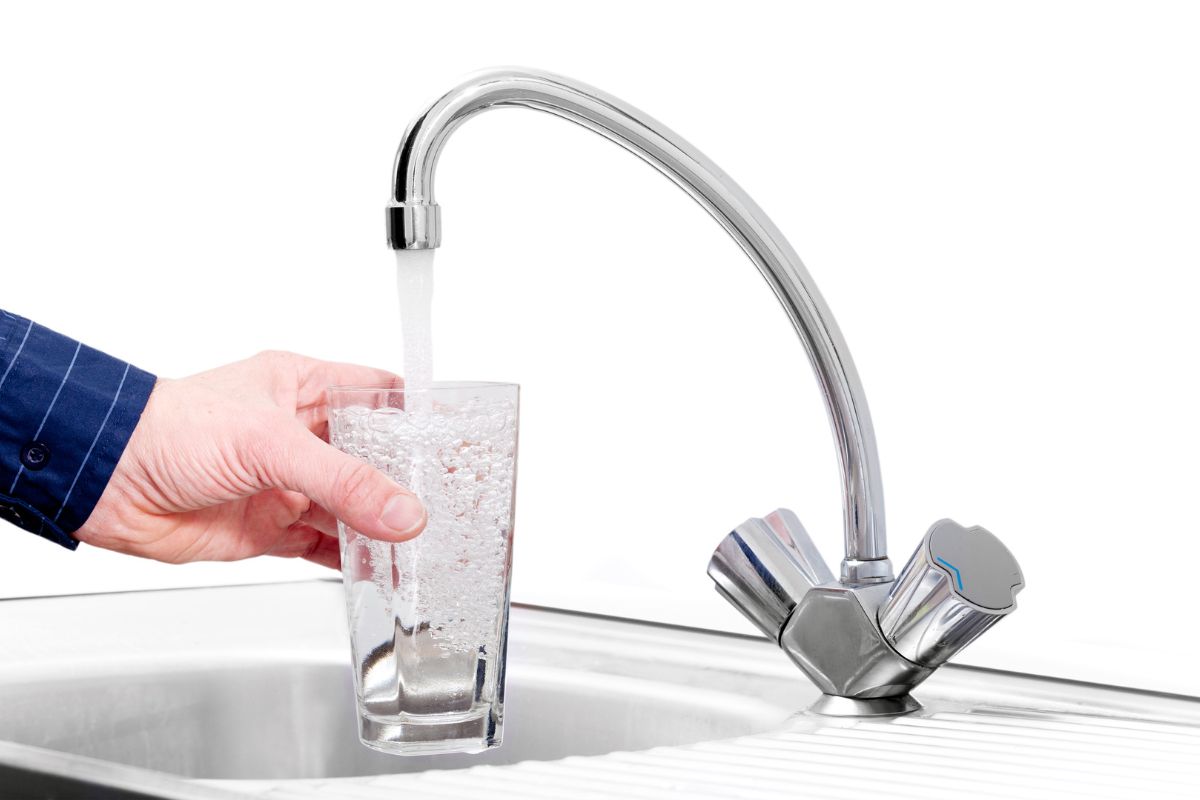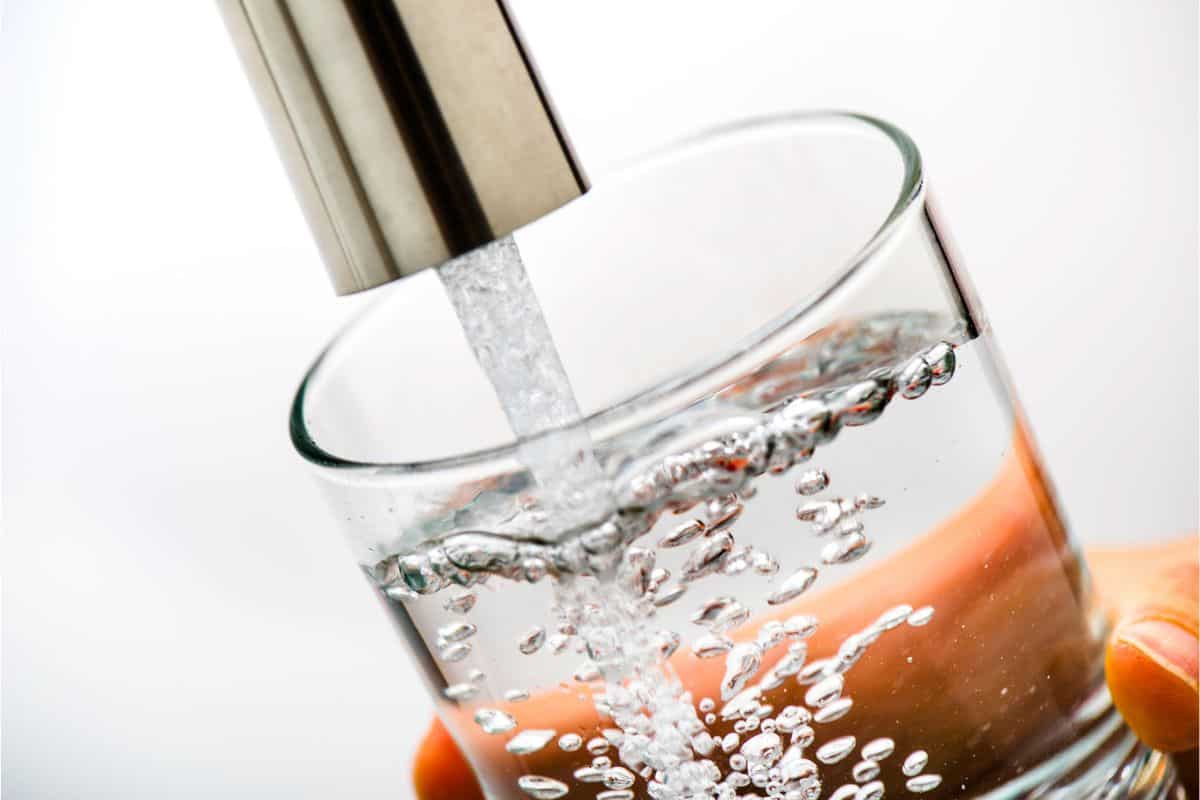Everyone knows that tap water has a different taste based upon locality, so it’s not uncommon for the water to taste a little different depending on where you happen to find yourself, but if your water tastes particularly bad, then it could mean that you’ll have to get a filter to rid the water of that foul taste.
A lot of people tend to think that bad-tasting tap water automatically means that your water is contaminated or unsafe for drinking, but this isn’t always the case, so whilst there have been some cases in the past where tap water has been found to carry disease, the likelihood is that there’s a reasonable explanation.
So, if you find that your tap water is suddenly tasting weird, or different from how it normally would, here are some of the reasons why this might be the case!
Contents
Why does water taste different?
Water systems are extremely complex, so trying to understand and trace where the different tastes of tap water come from is not as easy as you might initially think, and water doesn’t just appear magically, it has to come from somewhere!
85% of the U.S population’s water comes from municipal water systems, which means that the water can come from surface sources, including lakes and rivers, or even a combination of multiple different water sources.
From these sources, the water then has a long journey before it reaches the tap in your house, firstly through a treatment plant, then all way the underground and into the pipes that are located in your house.
A lot of the taste that your water has can come from the features of the pipes that the water has to travel through on its way to your tap, and this includes the pipes that are inside your house too.
However, it’s not always the taste that’s the issue, sometimes it’s actually the odor that emanates from the water that causes it to taste a certain way.
There are quite a few tastes in water that are considered undesirable in a certain way, including sulfur, chlorine, earthy, swampy, and metallic tastes.
These sorts of flavors in your water can have any number of origins, some of which include: Wildfires, algae, disinfectants, bacteria, and certain minerals, but these tastes don’t actually mean that the water is unsafe for consumption!
What the different tastes mean
If you find that your water is tasting weird compared to normal, then here is a list of the different tastes you might be encountering, and what is likely causing them.
Moldy, fishy, earthy
If you find that your water is tasting something along the lines of these three flavors, then the likelihood is that there are algal blooms inside of the water’s source, and this taste will become more obvious around the spring time.
The water will be treated, so there shouldn’t be any remaining algae, but the taste is prone to lingering.
Chemical (Bleach/Chlorine)
When people complain about their water tasting weird, these tend to be the flavors that they can taste.
Chlorine is often used in systems to disinfect the water supplies, especially in smaller supply systems, as using chlorine is a much cheaper option than other methods that can be used.
As a result of this, it might be the case that there is a small amount of chlorine in the water you’re drinking, in such small amounts, this is perfectly safe and shouldn’t pose a health concern whatsoever.
Bitter, medicinal taste
This sort of taste is usually the result of the presence of copper in the water supply system, which likely stems from the corrosion of the copper plumbing in the pipes the water goes through.
Usually, people can taste copper in water when it reaches a level of 1.3 milligrams per liter, which will be toxic to most aquarium-dwelling fish, as well as causing your hair to turn green slightly.
However, there is still no health risk to this level of copper, and the likelihood is that this isn’t the cause of the problem.
This sort of taste can also occur when there is a higher than average amount of TDS (Total Dissolved Solids) in the water, which are essentially minerals that have dissolved in the water.
If the taste of the water is fairly medicinal, then this means that a lot of the TDS’ are sulfates, which might cause a temporary laxative effect, but only to people who aren’t used to drinking this water.
Gasoline
If you find your water is tasting slightly like gasoline, then it is the result of two things: There’s either an animal stuck in the water supply, or there’s a fuel leak.
If there’s an animal in the water source, then this is more of a scent rather than a taste, and should only be a concern if it persists for a long period of time.
Ideally, you should check if this smell is coming from all water sources in your home, if so, it could be something dangerous, so avoid the water and contact the water supplier.
Metallic
If your water is tasting metallic, it can be the result of zinc, iron, or even manganese, even though they might be able to be tasted in water sources, they pose no threat whatsoever to your health.
Rotten Egg
The taste of rotten egg in your water is likely the result of various different bacteria being present, or it can come from hydrogen sulfide, which can often occur in the water supply as organic material decays.
Conclusion
In conclusion, there are many reasons why your water might taste weird, and if you ever have any real concerns about the way it tastes, then you should get in contact with your water supplier, who will be able to resolve the issue.
